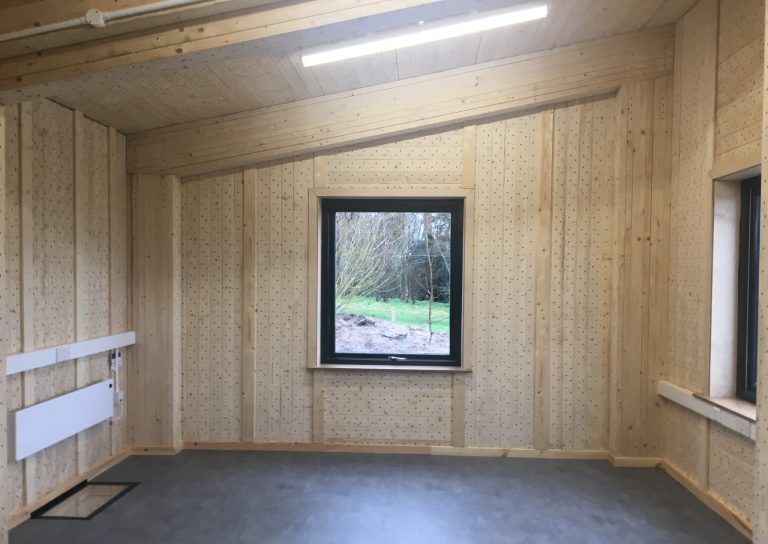The popular energy, sustainability and environmental-focused BetaTalk podcast, sponsored by the Microgeneration Certification Scheme (MCS), has released a two-part episode focused on renewable energy and ground source heat pumps, uniting British ground source heat pump manufacturer, Kensa Heat Pumps, with seasoned heating engineers. Host Nathan Gambling of BetaTeach, an educational resource for plumbers, electricians, heating engineers and students, says: “Travelling the country to meet the people involved in low carbon heating technology is a real pleasure. It was my first time visiting Kensa and I was really impressed!” The Kensa podcasts explore a number of hot topics affecting the renewables and heating industry, spanning opportunities and the need to upskill heating engineers to embrace the UKs transition to zero carbon, to the various solutions on the table to meet this target, including district heating and shared ground loop arrays with ground source heat pumps, nuclear energy, hybrid heat pumps, hydrogen, and load shifting. Representing Kensa Heat Pumps in the podcast are Darren Veal, Technical Sales Support & Commissioning Engineer, and Ally Cook, MCS Compliance Coordinator, accompanied by heat pump specialist William Johnson and regular BetaTalk guests and heating companies BTSE Heating and Renewable Heat. The vital role of system design and commissioning is explored in detail in the podcasts, where it is identified that in order for the UK to fully trust, embrace and benefit from renewable heating technology, system installations must be exemplary, with training critical to ensuring this. Darren says: “At Kensa we don’t just sell systems, we design them. We see training as being as big a part of company growth as anything else. “It was great to spend time with Nathan and his Beta Talk team discussing low carbon solutions and the upskilling of engineers. Here’s to a decarbonised future for all generations!” The two-part podcast is available to listen to here.






